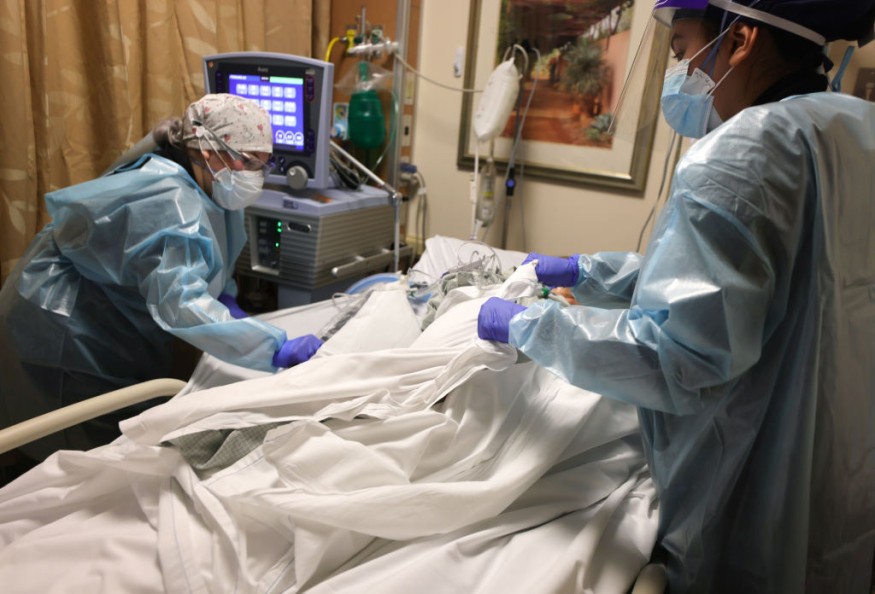South African COVID-19 Variant Detected in U.S. for First Time, Experts Fear Vaccines May Be Less Effective

Health officials announced on Thursday that the new South African COVID-19 variant had been detected in two people in South Carolina.
They said these are the first known cases of the more infectious South African COVID-19 variant in America. Health officials noted that it is possible that there more infections that have not yet been identified.
They also expressed concerns that this mutated COVID-19 variant could spread more quickly and that the vaccines could be less effective against it.
According to an Associated Press report, the two cases, both adults, were found in the state's different regions and did not appear to be connected.
The South Carolina Department of Health and Environmental Control further noted that the two have no known recent travel history. No additional information has been released for privacy reasons, but the two cases imply that the South African COVID-19 variant is already spreading in local communities.
Dr. Krutika Kuppalli said it is frightening since there could be more undetected cases within the state. Kuppalli is an infectious disease physician at the Medical University of South Carolina in Charleston. She added that it is "probably more widespread."
South Carolina's interim public health director, Dr. Brannon Traxler, said the fight against the deadly COVID-19 is far from over with the new variant's arrival. He added that the vaccines' supplies are limited even though they are on the way.
"Every one of us must recommit to the fight by recognizing that we are all on the front lines now. We are all in this together." Traxler said in the report.
According to Traxler, neither of the two persons, who got infected with the South African COVID-19 variant, was contagious any longer. Traxler said both were tested "very early in the month," and both are doing well.
The strain first identified in South Africa last December appeared to spread more rapidly, but there's no data yet suggesting it is more deadly. Scientists are starting to assess how existing vaccines affect the new COVID-19 strains, Aljazeera reported.
Last week, Scientists noted that some recent mutations of the coronavirus might modestly curb the effectiveness of two current vaccines. However, they said that the shots could still protect the people against the disease.
They also reported that there are signs that some of the new strains may undermine tests for the virus and reduce the effectiveness of certain treatments.
According to a Chicago Tribune report, state lawmakers in other states such as Arizona, Michigan, Ohio, Maryland, Kentucky, and Indiana are eyeing proposals to limit their governors' abilities to impose emergency restrictions.
But governors argued that they need authority to act quickly in a crisis, and limitations could slow critical emergency responses.
Related story : CDC Says Not To Worry Yet on the New 'USA Variant' of COVID-19
Other COVID-19 Variants
Meanwhile, the Centers for Disease Control and Prevention (CDC) reported that at least 315 cases of the U.K. COVID-19 variant were discovered in the U.S. These cases were scattered in at least 28 states. Health officials said it could become the dominant strain in America by March.
Earlier this week, the first U.S. case of the Brazilian variant was announced. Health officials in Minnesota said the first person who contracted the strain recently traveled to the South American nation. The said version of the virus has emerged in more than a half-dozen countries.
On Monday, President Joe Biden imposed travel restrictions on South Africa, Brazil, U.K., and other countries in Europe to curb the spread of the virus. The COVID-19 has already killed around 430,000 people in the U.S.
Related story : California Reports First Case of New COVID-19 Strain
Subscribe to Latin Post!
Sign up for our free newsletter for the Latest coverage!

















